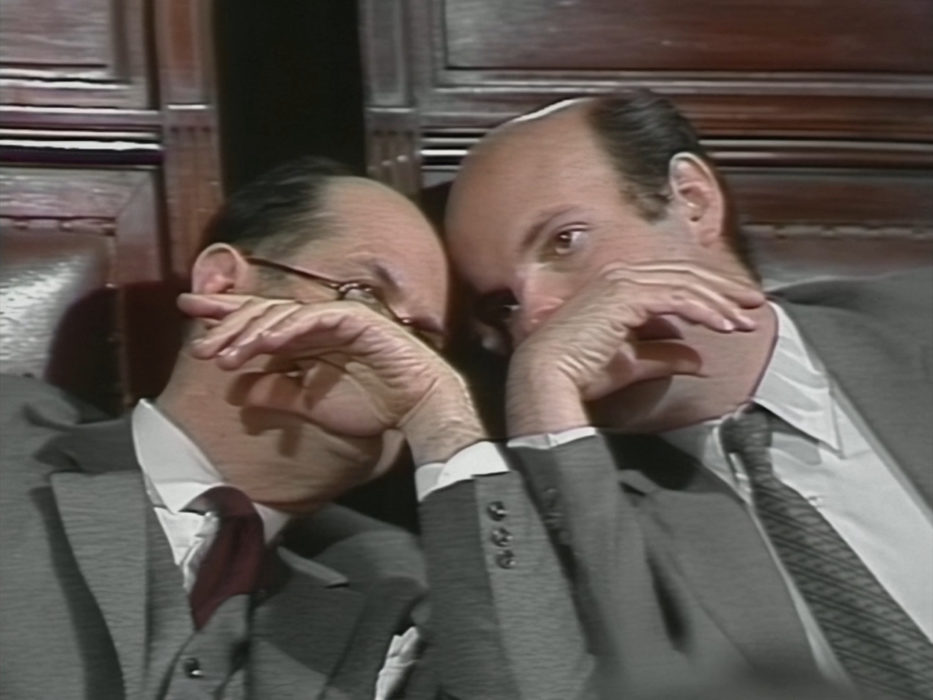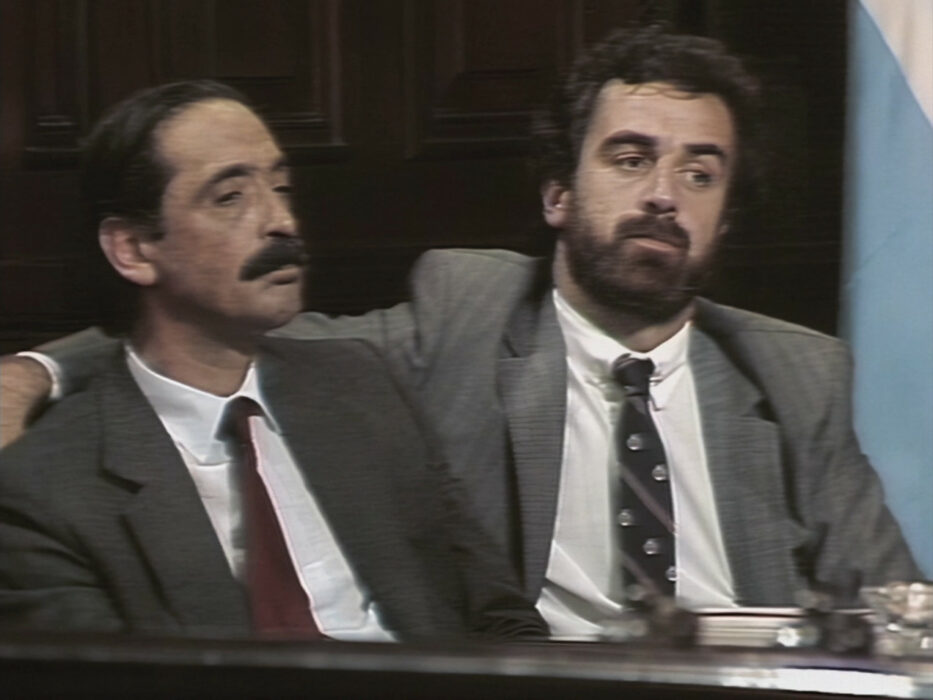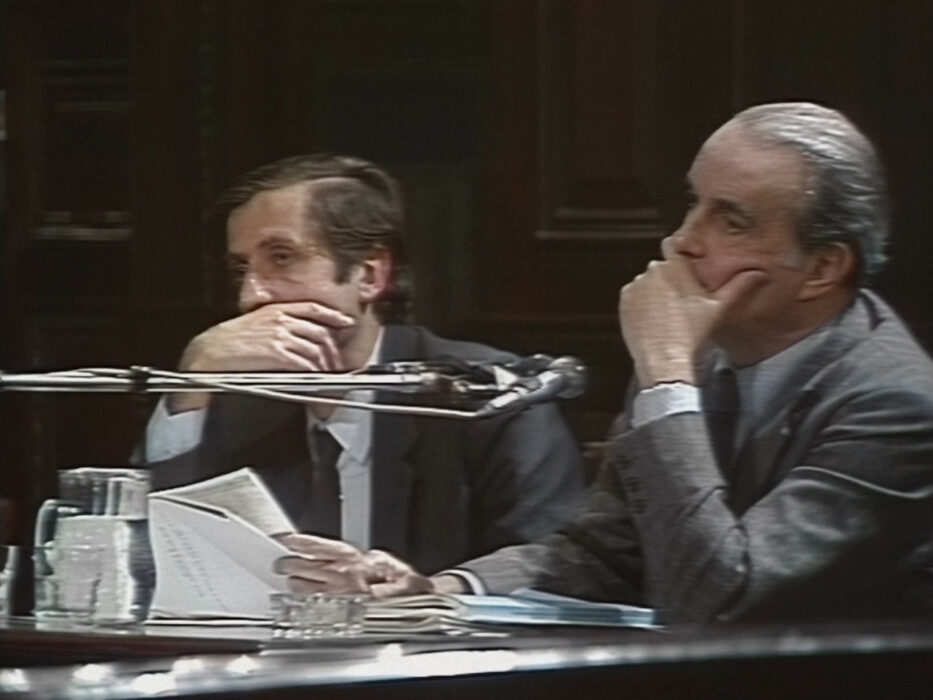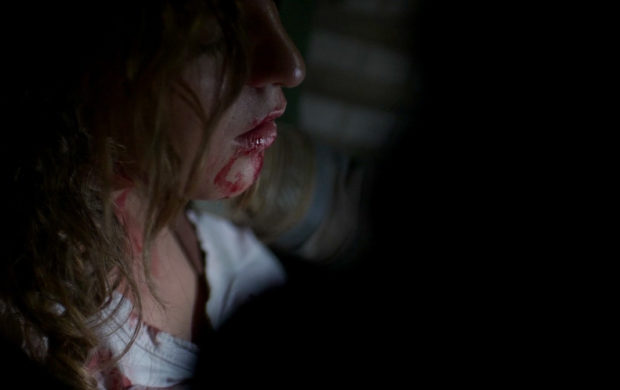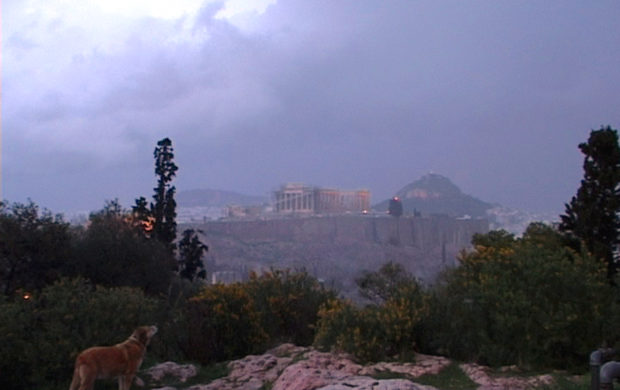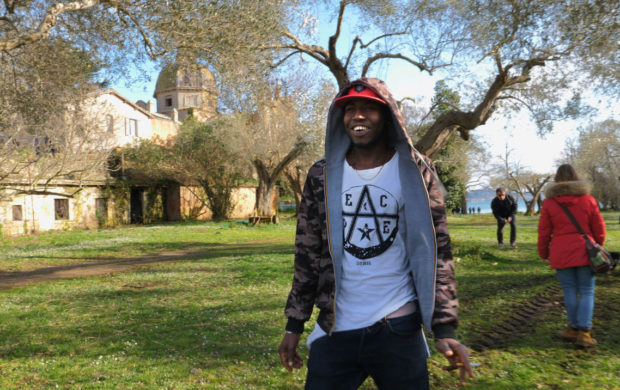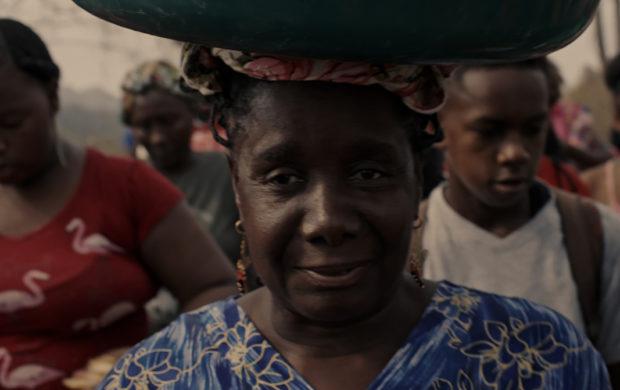THE TRIAL
EL JUICIO
- 2023
- Argentina, France, Italy, Norway
- 177 min
- Languages: English, Spanish, French
CLARENS AWARD FOR HUMANIST DOCUMENTARY FILMMAKING
1985, Buenos Aires, Argentina. The trial of the Military Juntas of the last dictatorship (1976/83), accused of crimes against humanity. As in Nuremberg after World War II, the trial is entirely recorded in U-matic tapes. For 90 days, the testimonies of the horror were heard, and a final sentence: never again.
Forty years after the return of democracy, Ulises de la Orden and his editor Alberto Ponce have condensed into three hours and eighteen chapters the thirty-five hours of video recordings covering the proceedings of the Trial of the Juntas, which from 22 April to 9 December 1985 judged nine key protagonists of the military dictatorship. The video tapes, entrusted to the Norwegian Parliament since 1988 for safekeeping, had only been partly released to the public, most of them being only summarised at the time in a daily televised briefing. Only the sentencing was broadcast live and in full. Five of the accused were found guilty, including General Videla and Admiral Massera, who were sentenced to life imprisonment. The court becomes the stage for a choral effort that ensures representation and equity for each of the participants – from the duo formed by the prosecutor Strassera and his assistant Luis Moreno Ocampo to the accused and their defenders, from the judges to the lawyers and the survivors – as well as the observers, the families of the victims attending the trial from the gallery. The incalculable value of this material, and the significant editing work required to go beyond a series of facts and create a genuine narrative that makes no compromise with the requirement for exhaustivity or the emphasis on salient details (“The first cut of El Juicio was eight hours long, and even at that point, we still had a lot of material that was hard to eliminate. It was as if every minute we were cutting meant that we weren’t giving an account of something”) firmly sets El Juicio in the lineage of some famous films, such as those by Eyal Sivan, Maria Augusta Ramos or Sergei Loznitsa, who could all reprise the slogan that emerged from this lawsuit without precedent in Latin America: Nunca más.
Antoine Thirion
- Production : Les Films d'ici (Richard Copans), Polo Sur Cine (Ulises de la Orden), Dag Hoel Filmproduksjon (Dag Hoel), La Sarraz Pictures (Alessandro Borrelli)
- Photography : Pablo Parra
- Sound : Gerardo Kalmar
- Editing : Alberto Ponce
- Print source : Les Films d'ici - courrier@lesfilmsdici.fr
